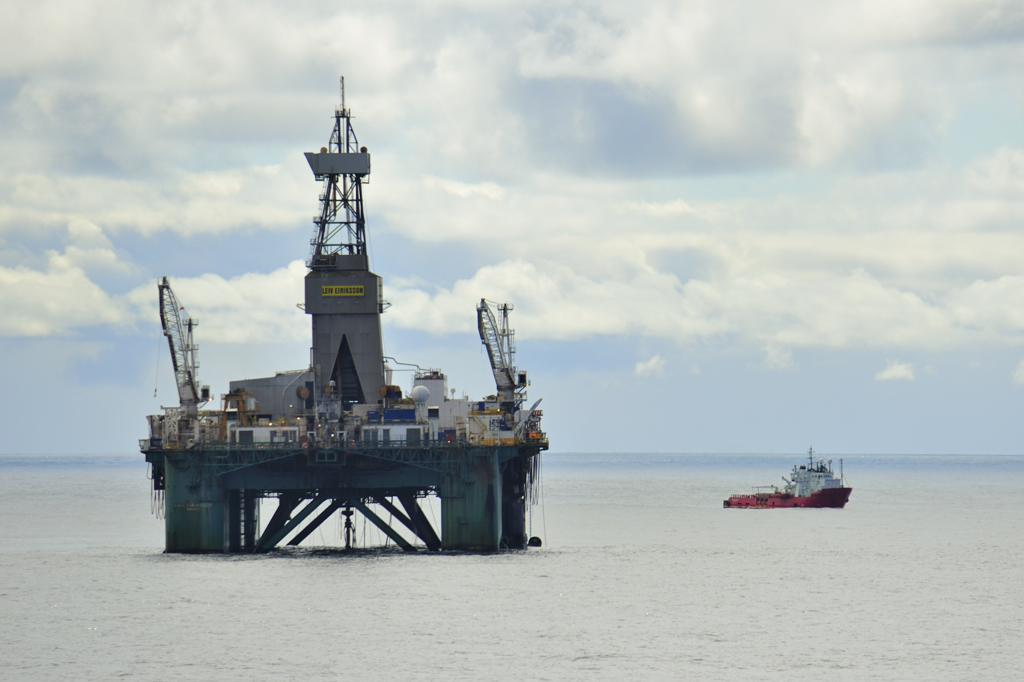Norwegian groups make a last-minute lobbying effort to EU legislators on Arctic oil drilling

When discussing Britain’s post-EU future (before Theresa May, the prime minister, made it clear what ‘Brexit’ actually meant), it was often suggested that London consider a model based on Norway’s relationship with the EU.
While such an arrangement would have allowed Britain to retain access to Europe’s single market (one of its important goals), the Norwegians warned that their arrangement means accepting all legislation from Brussels without having any say in how it was formulated.
Strictly speaking, this is the case. As it turns out, it is not always for a lack of trying.
As the European Parliament prepares to vote on its Arctic strategy on Tuesday, March 14, what has become the most controversial issue in a piece of legislation that appears to have broad support in Brussels, are efforts by Norwegian lawmakers and business lobbies to get MEPs to strike wording in the text that recommends the EU work against drilling for oil in Arctic waters.
[Norwegian lawmaker says prospect of EU Arctic drilling ban is ‘alarming’]
A series of letters (a number of which have been obtained by Energy Desk, a website maintained by Greenpeace, a conservancy), sent on the same day and using similar working, point to three paragraphs, out of a final total of 66, it would like to see struck.
The paragraphs were among the 400 changes suggested while the bill was making its way through committee earlier this year. The paragraphs call for specific actions against offshore oil drilling in the Arctic, but they are mildly worded.
EU lawmakers reckon that, regardless of how forcefully parliament raises its voice in the matter, such measures are symbolic, and would be unlikely to sway the European Commission, the EU’s executive branch, in its dealings with the region.
The Norwegian groups, however, worry that, even without an official effect, it will sway public opinion against Barents Sea drilling.
“The differences in conditions between the Arctic coast of Canada and the Arctic coast of Norway call for different sets of regulations to address the right conditions. The Arctic is not one similar place with uniform conditions throughout,” a letter from Nordic-IN, a pan-Nordic trade confederation, states.
Such fears are not groundless: the Inuit, despite having their seal products permitted for sale in Europe by an exemption to EU regulations that otherwise outlaw them, have seen their livelihoods collapse. Inuit communities say few consumers know of the exemption, and, even if they did, it is of little use, since they ban has made sealskin unfashionable.
Other letter-senders, among them Eirik Sivertsen, a Norwegian MP and chair of the Council of Parliamentarians of the Arctic Region, a group made up legislators from all eight Arctic countries, suggest that, by taking a position on Arctic offshore drilling, the EU is overreaching its authority, given that it is not an Arctic coastal state.
As a representative from the North Norway European Office told Energy Desk: “Just as the Norwegian oil industry should not guide the EU’s policies, the EU should not guide Norwegian regional development.”
Norxit may not be an option Oslo can threaten, but drill-it looks to be an idea the Norwegians believe is an idea worth banding together to lobby for.